CONDOMINIUM & HIGH RISE APARTMENT SECURITY
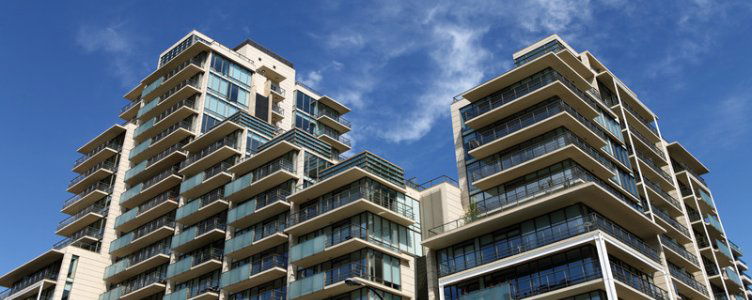
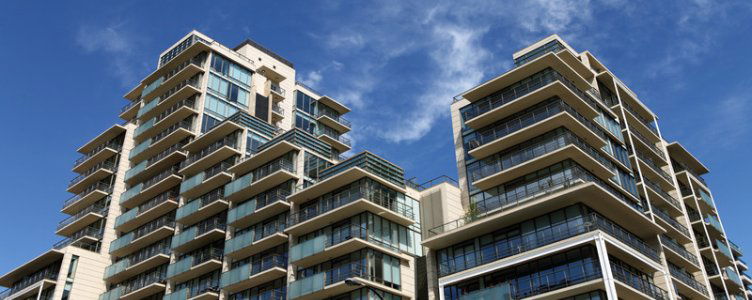
There is no doubt that wherever you look today, we see more High-rise condo & apartment buildings in our cities and surroundings. High-rises consist of approximately 30,9%, low-rise consist of 36,3% and row houses about 22,9%, according to Statistics Canada.
More and more developers around the country opt for these types of developments due to the demand and lifestyle choices people are making today. Residents and small families find living in these complexes to be safe, comfortable and convenient, with complex management overlooking the day-to-day operations. Here is an overview of some areas of security you may want to consider.
WHY IS CONDOMINIUM SECURITY ASSESSMENT SO IMPORTANT?
A Condominium Security Assessment is important for several reasons:
Ensuring the safety of residents: One of the most important reasons for a security assessment is to ensure the safety of the residents living in the condominium. A security assessment can identify potential security risks and vulnerabilities that may compromise the safety of residents, and provide recommendations on how to address them.
Protecting property: A condominium security assessment can also help protect the property of residents by identifying potential security weaknesses that could lead to theft, vandalism, or other forms of property damage. Recommendations can be made to improve the security of the property, such as installing surveillance cameras or increasing the number of security personnel.
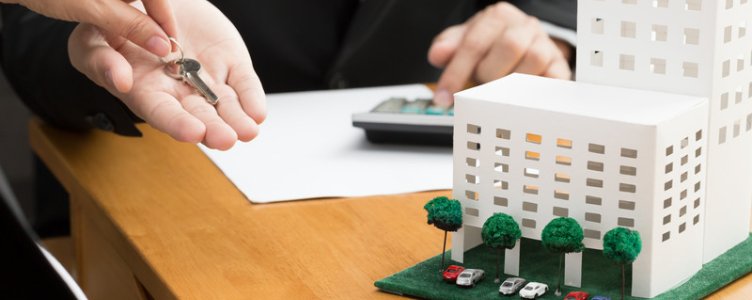
Liability: If a security incident were to occur in the condominium, the property management and owners could be held liable if it is found that they did not take reasonable steps to prevent the incident. A security assessment can help demonstrate that the property management and owners took proactive steps to identify and mitigate security risks.
Compliance: Certain jurisdictions may have specific security requirements for condominiums, such as the installation of security cameras or the hiring of security personnel. A security assessment can ensure that the condominium is in compliance with all applicable regulations.
In summary, a condominium security assessment is important for ensuring the safety of residents, protecting property, reducing liability, and ensuring compliance with applicable regulations.
WHAT IS THE DIFFERENCE BETWEEN CONDOMINIUM CONCIERGE & SECURITY?
Condominium concierge and security are two different roles in a condominium, with different responsibilities and duties.
A condominium concierge is responsible for providing customer service to residents and guests, which may include greeting visitors, accepting deliveries, coordinating maintenance requests, and providing information about the building and its amenities. They are typically the first point of contact for residents and guests, and they work to ensure that everyone in the building feels welcomed and valued.

On the other hand, condominium security is responsible for ensuring the safety and security of residents and the property. They are tasked with monitoring the building and its surroundings to identify potential security risks, such as unauthorized access, theft, or vandalism. They may also be responsible for controlling access to the building, monitoring security cameras, and responding to emergency situations. While both roles are important for ensuring the smooth operation of a condominium, they have different areas of focus. The concierge is focused on customer service and hospitality, while security is focused on safety and security. In some cases, the same person may hold both roles, but in larger buildings, there may be separate staff members assigned to each role.
WHAT ARE THE SECURITY RISKS IN A CONDOMINIUM BUILDING?
There are several security risks that can be present in a condominium building, including:
- Unauthorized entry: This can occur through the front door or through other access points such as fire escapes or open windows.
- Theft: Condos may be targeted by thieves looking for valuables such as jewelry, electronics, or cash.
- Vandalism: Vandals may damage property or leave graffiti in common areas.
- Assault: Residents may be targeted by criminals for robbery or assault.
- Cybersecurity threats: With the increasing use of technology in condominium buildings, there is a risk of cyber attacks on the building's network, which could compromise personal and financial information of residents.
- Fire hazards: Faulty wiring, overloaded outlets, and other electrical hazards can create fire risks in the building.
- Natural disasters: Condos located in areas prone to natural disasters such as hurricanes, earthquakes, or floods may face risks of damage or destruction.
To mitigate these risks, condominium buildings should implement security measures such as access control systems, surveillance cameras, security patrols, fire alarms and sprinklers, and regular maintenance of the building's infrastructure. Residents should also be encouraged to take personal precautions such as locking doors and windows and being aware of their surroundings.
HOW IMPORTANT ARE SECURITY GUARDS IN A CONDOMINIUM BUILDING?
Security guards are extremely important in a condominium building for several reasons:
- Deterrent to Criminal Activity: Security guards act as a deterrent to criminal activity. The mere presence of a uniformed guard is often enough to discourage potential criminals from attempting to commit a crime in the building.
- Protection of Residents and Property: Security guards are responsible for protecting the residents and the property of the building. They monitor and control access to the building, ensuring that only authorized individuals are allowed in.
- Emergency Response: Security guards are trained to respond to emergencies such as fires, medical emergencies, and security breaches. They can help to evacuate the building, provide first aid, and call emergency services if necessary.
- Monitoring and Reporting: Security guards are responsible for monitoring the building and reporting any suspicious activity to the management or authorities. This can help prevent crimes from occurring and provide evidence in the event of an incident.
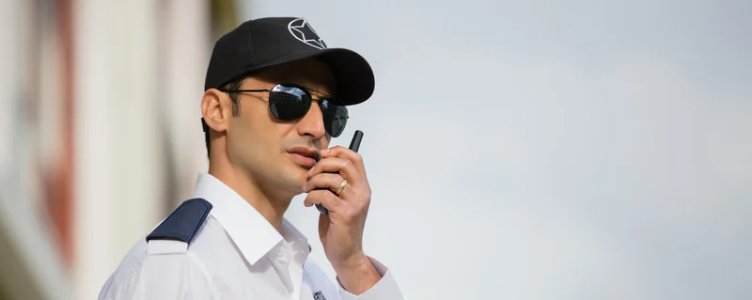
Overall, security guards play a critical role in maintaining a safe and secure environment for residents of a condominium building. Their presence can help to prevent criminal activity, protect residents and property, respond to emergencies, and monitor and report any suspicious activity.
WHAT KIND OF ELECTRONIC SECURITY SURVEILLANCE IS RECOMMENDED IN A CONDOMINIUM BUILDING?
There are several types of electronic security surveillance that can be recommended for a condominium building, depending on the specific needs and budget of the building. Some of the most common types of electronic security surveillance systems for a condominium building include:
- CCTV (Closed-Circuit Television) Systems: CCTV systems are one of the most popular electronic surveillance systems in a condominium building. They can provide live video surveillance of key areas in the building, such as entrances, common areas, and parking lots. CCTV systems can be a powerful deterrent against criminal activity, and can provide valuable evidence in case of an incident.
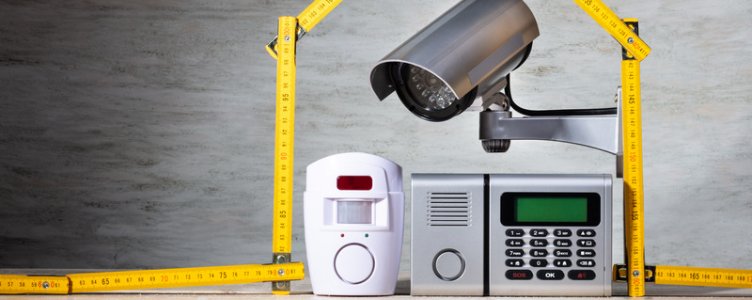
- Access Control Systems: Access control systems are used to restrict and control access to specific areas of the building. These systems can include keycard access, biometric scanners, or PIN codes. Access control systems can help to prevent unauthorized access to the building or certain areas within it, and can be used to track who enters and exits the building.
- Alarm Systems: Alarm systems can be used to detect and alert building security personnel of any suspicious activity, such as unauthorized access or intrusion. Alarm systems can be integrated with other electronic security systems to provide a comprehensive security solution for the building.
- Intercom Systems: Intercom systems can be used to communicate with visitors at the building entrance before granting them access. They can also be used to communicate with residents in their units, providing a convenient and secure way for visitors to gain access to the building.
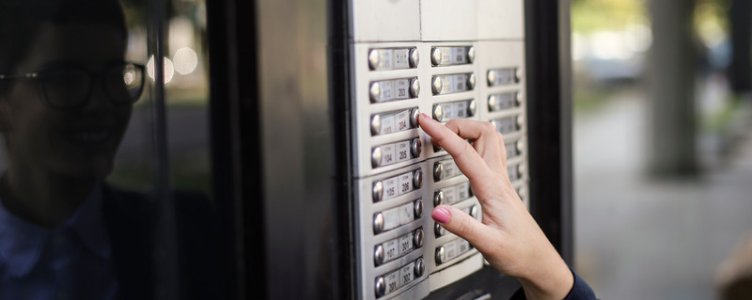
Overall, a combination of these electronic security surveillance systems can be recommended to provide a comprehensive security solution for a condominium building.
TOP 10 SECURITY CHECKLIST TO ENSURE MAXIMUM SECURITY?
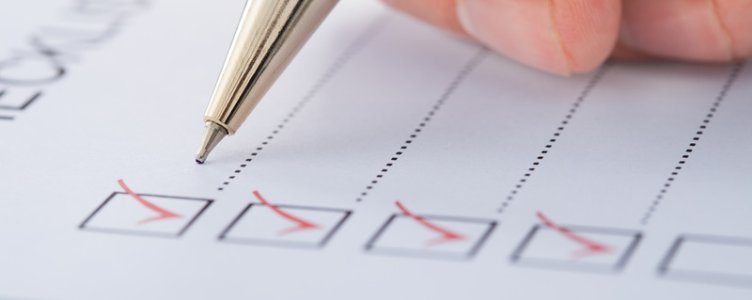
Here are some key items to include on a security checklist to ensure maximum security in a condominium building:
- Install and maintain adequate lighting in all common areas, including parking lots, hallways, and stairwells.
- Install and maintain secure locks on all entrances, including exterior doors windows, and gates.
- Regularly review and update the building's security policies and procedures, and ensure that all residents and staff are trained and aware of them.
- Install and maintain a comprehensive electronic security system, including CCTV cameras, access control systems, alarm systems, and intercom systems.
- Regularly inspect and maintain all security equipment, including locks, cameras, and alarms.
- Implement a visitor management system that requires all visitors to be properly identified and logged before entering the building.
- Ensure that all residents are provided with a keycard or other form of access control to prevent unauthorized access to the building.
- Conduct background checks on all employees, permit and insurances of subcontractors who have access to the building.
- Regularly review and update emergency procedures, including evacuation plans and procedures for responding to fires, natural disasters, and other emergencies.
- Provide regular security training for residents and staff to help them identify and respond to security threats.
By following these guidelines and regularly reviewing and updating the security checklist, a condominium building can help ensure maximum security for its residents and staff.
Our Services include: Security Guards | Security Risk Management | Loss Prevention | Security Training
We serve clients across Montreal, South-Shore & Sorel-Tracy, Quebec.
